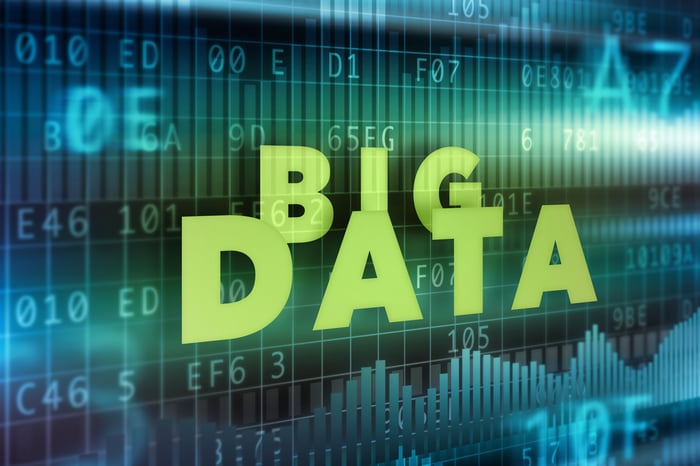We call those items big data drivers or big data drivers, technologies or trends driving growth, use and exploitation of Big Data. Among others we can find the following big data drivers: social media, Internet of things, mobility, cloud computing, automation, user sophistication, ease of monetization, etc.
At the same time, the variety and complexity of the data to which we have daily access is increasing., almost without realizing it repeatedly; Big data is emerging as the only option for those who want to take advantage of this competitive advantage that technology gives us to exploit its potential, innovating your business like never before. But, What has brought us here?
Big Data Drivers
Everybody talks about Big data Y, the truth is that it is not always very well understood what it is or what has led us to this point. It looks like a work of magic and, undoubtedly, groups together everything that is considered innovative. On that we all agree. It is also known that, related to the business world, it is presented as a very interesting way to earn money and increase the profitability of many companies.
Despite this, there are three main reasons that, combined, lead to this revolutionary way of understanding, process and manage information. The Big Data Drivers have a lot to do with them.
1. Increasingly sophisticated consumers
Technology has contributed to the effective globalization of opinions. There are no time limits anymore, language or geography. It is true that more and more products are available to consumers, but it is also true that the 73% in mature markets and the 85% in emerging markets they don't buy if someone they know had a bad experience, something that proves. the relevance of “social media”.
- They demand more information.
- They are more distrustful.
- They base their decision criteria on the information they find in the social media.
- Trip Advisor's success is based on all these claims, a great example of how to understand mindset of a sophisticated consumer and of impact reviews have on sales and in the probabilities of winning or losing clients.
Therefore, companies cannot afford not to know this information. They can't ignore the repercussions of a simple negative comment.. They must collect this data, be aware of how much it can affect them, not only with respect to the sales of a product, but also as a brand; and they have to get to turn the tables and transform it into an advantage, exploiting this opportunity that offers them Big data.
This information contains great value that, at the same time, can be collected without limits thanks to Big data, because it must be remembered that in most cases it is free text, what you need a sentiment analysis and, for this, the use of very precise technology.
2. Automation
This is where another of the factors that lead to Big Data, the automation, which is the ability of some processes to quantify something that is not so simple to ponder and where, the biggest change, is the will to modify the customer experience through software policies, much friendlier self-service system customization and procedures.
- Scalability. It has the ability to store an incredible data volume, and it is necessary because it can no longer be done manually. Something to remember, as an example, to what happened in the early days of Google and Yahoo, where while the first one collected the search requests and managed them automatically, the second I did it manually. It was Google who obtained the algorithm, automating it, and that is why its results were so good and its penetration so fast.
- Granularidad All information received can be processed. As an example, store all tweets and parse each one automatically using a dictionary to find out what perception of the company in the network and thus obtain a percentage.
- Value. You can get automated value, because if the available information cannot be processed, their collection and storage are meaningless, lack the analysis.
3. Monetization
Big data It enables a large market where they are collected, exchange and sell data to other customers. Information has become an alternative that enables get profitability. In other words, at the same time of the benefit for the organization of being able to enter so much information, with it you can earn money, if you know how and have good ideas (data science), since this data can be traded to other companies. An example of this would be telecommunications companies, as Telefónica, that thanks to the data of each user that they store at the end of each contract, related to your geographical position, that they get to know by connecting to the different antennas; They can develop a human map structured by age and sex, very useful when determining a business in one area or another of the same city.
Conclution
Increasingly, institutions use big data to try to achieve their business goals, using integrated data sets to quickly understand the changing needs of your customers and the wider market. The main drivers of big data What is causing this to happen has to do with the very nature of increasingly sophisticated consumers., automation and the opportunity that big data has to increase the profitability of institutions.







